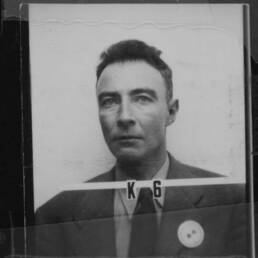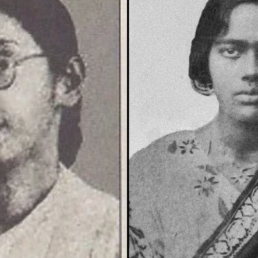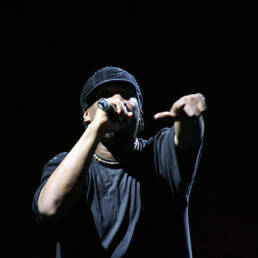Nearly a century ago, when a prominent Calcutta college debarred its students from organising Saraswati Puja, the beleaguered students found support from Subhas Chandra Bose. It led to a clash between two of Bengal’s biggest icons.
City College of Calcutta was founded by Ananda Mohan Bose, a leading nationalistic leader and Brahma Samaj luminary of the 19th century. Over the years, it emerged as one of the most prestigious colleges in Calcutta.
February 1928. The students of the Rammohan Hostel of the college were planning to organise Saraswati Puja in the hostel. However, when the news got out, the students faced tremendous backlash from the authorities.
Being a Brahma institution, the college authorities debarred all forms of idol worship on campus. Heramba Chandra Maitra, the principal, refused to permit the organising of the puja. The students refused to back down.
At this point, Subhas Chandra Bose entered the scene. With support from Subhas Chandra, the students organised Saraswati Puja outside the college gates. For this act of defiance, the authorities imposed fines on them.
A huge protest meeting in Calcutta was planned for 1-March, 1928, where Subhas Chandra was invited as the chief guest. The meeting adopted a resolution condemning the action of the City College authorities as being an example of religious intolerance.
Subhas Chandra delivered a fiery speech accusing the authorities of being autocratic in action and infringing on the right to religious freedom of citizens. Inspired by the man who would go on to be dubbed “Netaji”, the students launched a strike.
The college authorities hit back with orders to evacuate the hostel and even threatened to debar them from exams. As the impasse continued, none other than Rabindranath Tagore got embroiled in this controversy.
In an article in Modern Review dated May 1928, the poet expressed his support for the actions taken by the City College authorities. In response, a rally was held in Albert Hall on 19th June where Subhas Chandra refuted Tagore’s point of view in strong words.
The situation now turned ugly with the college authorities approaching the Government to take action against Subhas Chandra by falsely accusing him of trying to involve students in political action.
City College also formally debarred Bose from entering the premises. The ban was revoked more than 10 years later when Subhas Chandra was elected the President of the Congress Party.
Subhas Chandra’s actions furthered his popularity among the youth in particular and cemented his place as the leading political figure in the state for the years to come.
Source:




